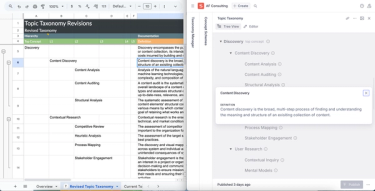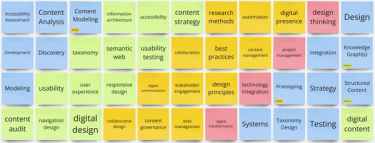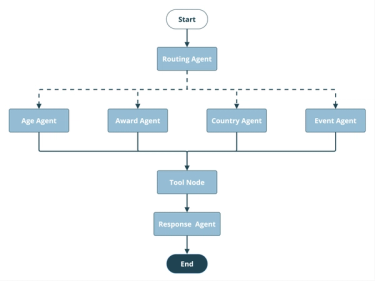Content Review & Approval Workflow Integration

I helped micro-learning startup Elemeno Health standardize, streamline, and integrate their content review and approval workflow across three management, production, and monitoring platforms to eliminate manual synchronization, reduce process variability, and increase workflow state visibility. Now, both content producers and healthcare clients have clear insight into production status, can provide structured, actionable feedback, and have access to auditable records of approvals for point-of-care clinical resources.








